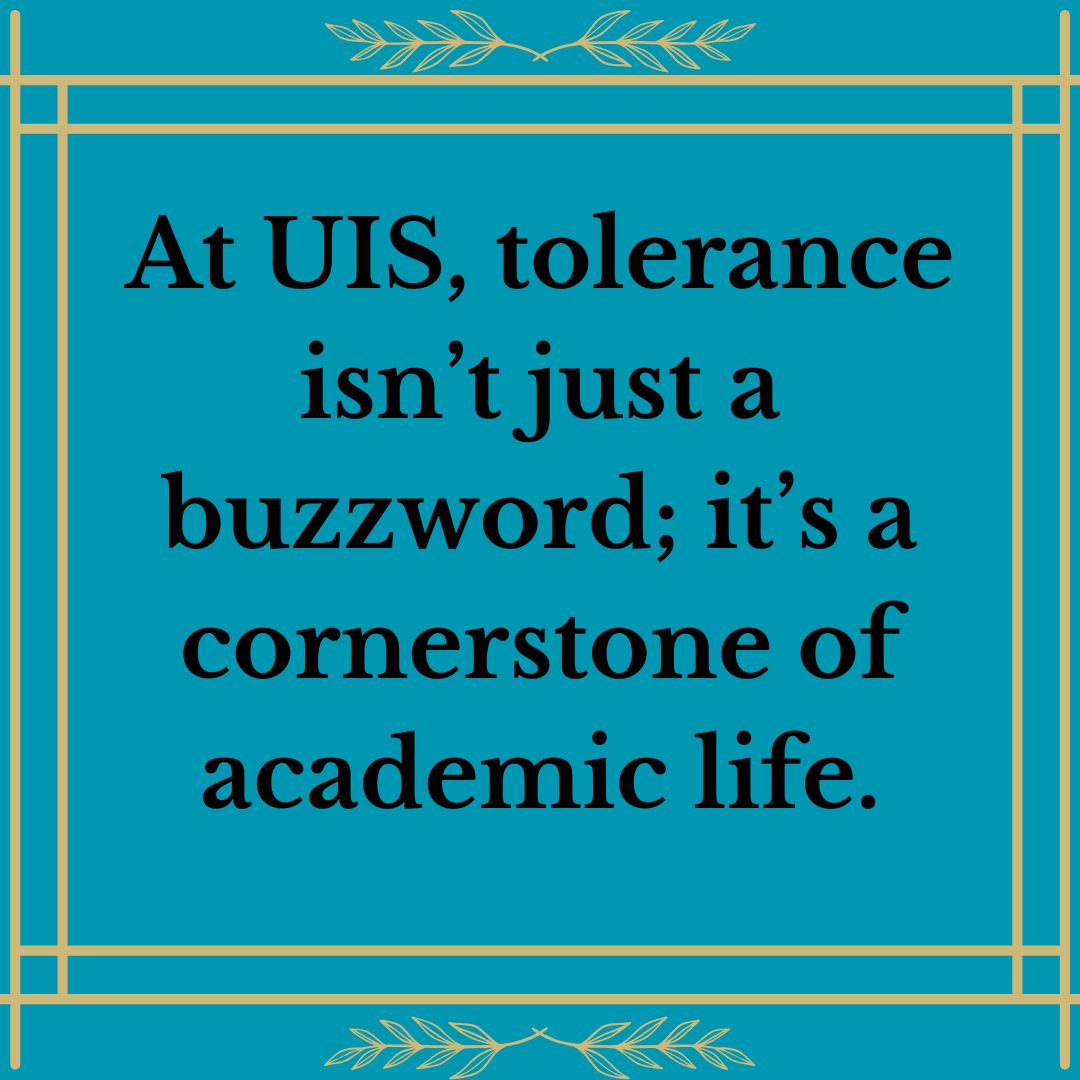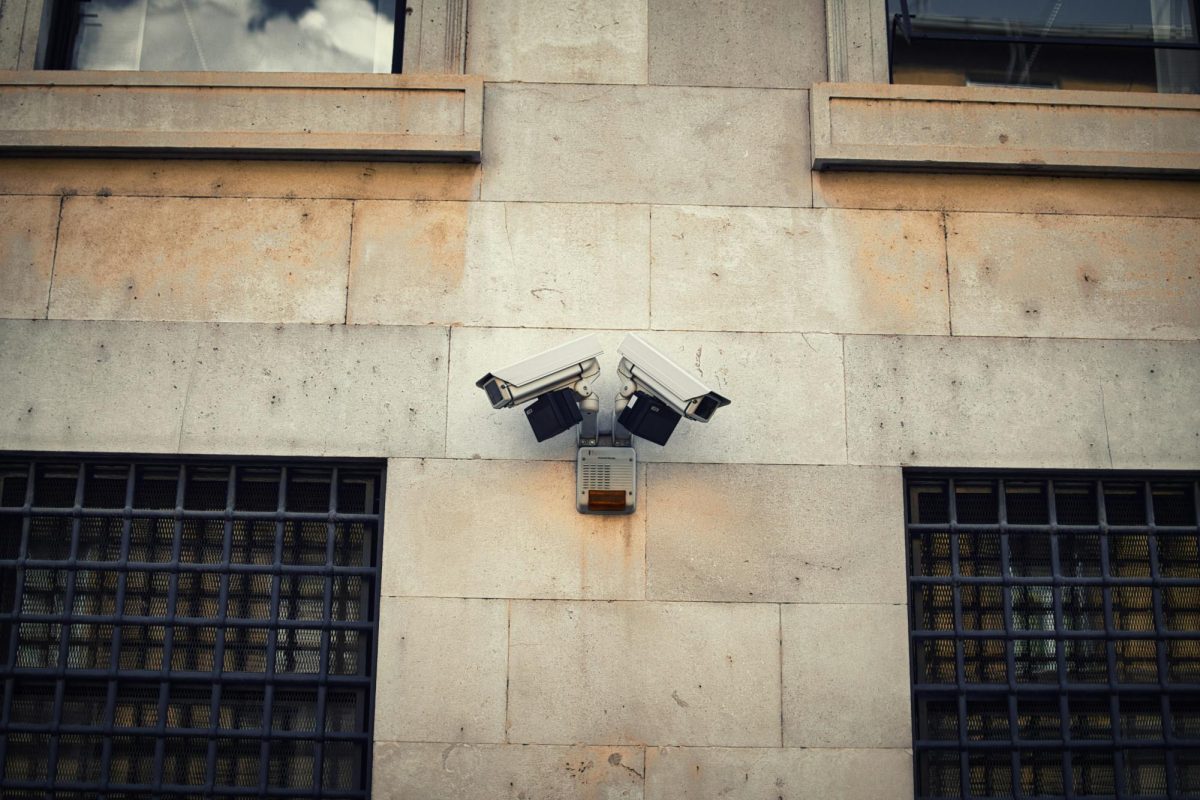Few things are a complete certainty in life. Death, taxes, and the intensity with which someone with defend their religious beliefs. One need only open up a web browser or turn on a TV to see the tumultuous status of world affairs in relation to the defense of religious sanctity. And these are not new problems for the human race; these battles have been waged on some scale spanning back centuries. Currently, tensions are high for myriad reasons. But maybe the most visible of these reasons is the impact media has recently had on these affairs.
On one hand, you have a purported film that denigrates the values and beliefs of an internationally-reaching faith in such a way that a fraction of the members of this group began acting violently in countries across the globe. On the other hand, you have an artfully crafted, complex film that engages a far baser dialogue that reaches deep into the viewer as they perhaps challenge their own belief system. It is the latter of these two films that I choose to spend my time and thought on as it offers far richer rewards.
The film I am referring to is The Master, director Paul Thomas Anderson’s latest magnum opus that brings together themes of faith and belief while also combining the elements of feature filmmaking that aficionados and casual film goers can tackle from different perspectives.
Anderson’s previous films have always had a spiraling, orchestral madness to them, offering us such incredibly memorable characters as Daniel Plainview, Barry Egan, Frank TJ Mackey, and Jack Horner among numerous others and The Master adds at least two more to that list in Freddie Quell and Lancaster Dodd.
To be sure, the performances of these two men are top shelf and each evokes to the viewer a vivid tension burning deep within the souls of their characters. Without delving too deeply into the plot, the barebones of the film is built around a new generation system of belief–known in the film as ‘The Cause’. Phillip Seymor Hoffman plays Dodd, the charismatic shepherd of this uniquely built faith, while Joaquin Phoenix plays Quell, the aloof boozehound caught in a spider’s web.
The film is an achievement of the highest order from an artistic perspective, as Anderson presents a film that emphasizes more classical film touches. And due to Anderson’s unique visual flare, The Master immediately sucks the viewer in and sets them adrift in the ocean of their own minds. It’s a film that is almost guaranteed to be in strong contention when the red carpets and lain and golden statues are polished. But it will also miss an entire segment of the population who will view it as just another weird art house film, when it fact it tells a story as simple as any other to come out of Hollywood.
This is a fictional film to be sure, but these relationships have such a human fingerprint on them that the time period and specifics of Dodd’s cause are irrelevant. It’s the story of two men, both with a story to tell. It deconstructs the basic argument that has existed seemingly since the beginning of time and that we see developing before our very eyes even today in 2012.
And it is in this regard that I believe The Master most shrewdly succeeds. It shows that every man and woman has a story to tell and an embedded will that is entirely their own, and that people can come to an agreement or a disagreement in a variety of ways but that the first, and perhaps biggest, step is sitting down and listening instead of reacting with our most animalistic instincts.





